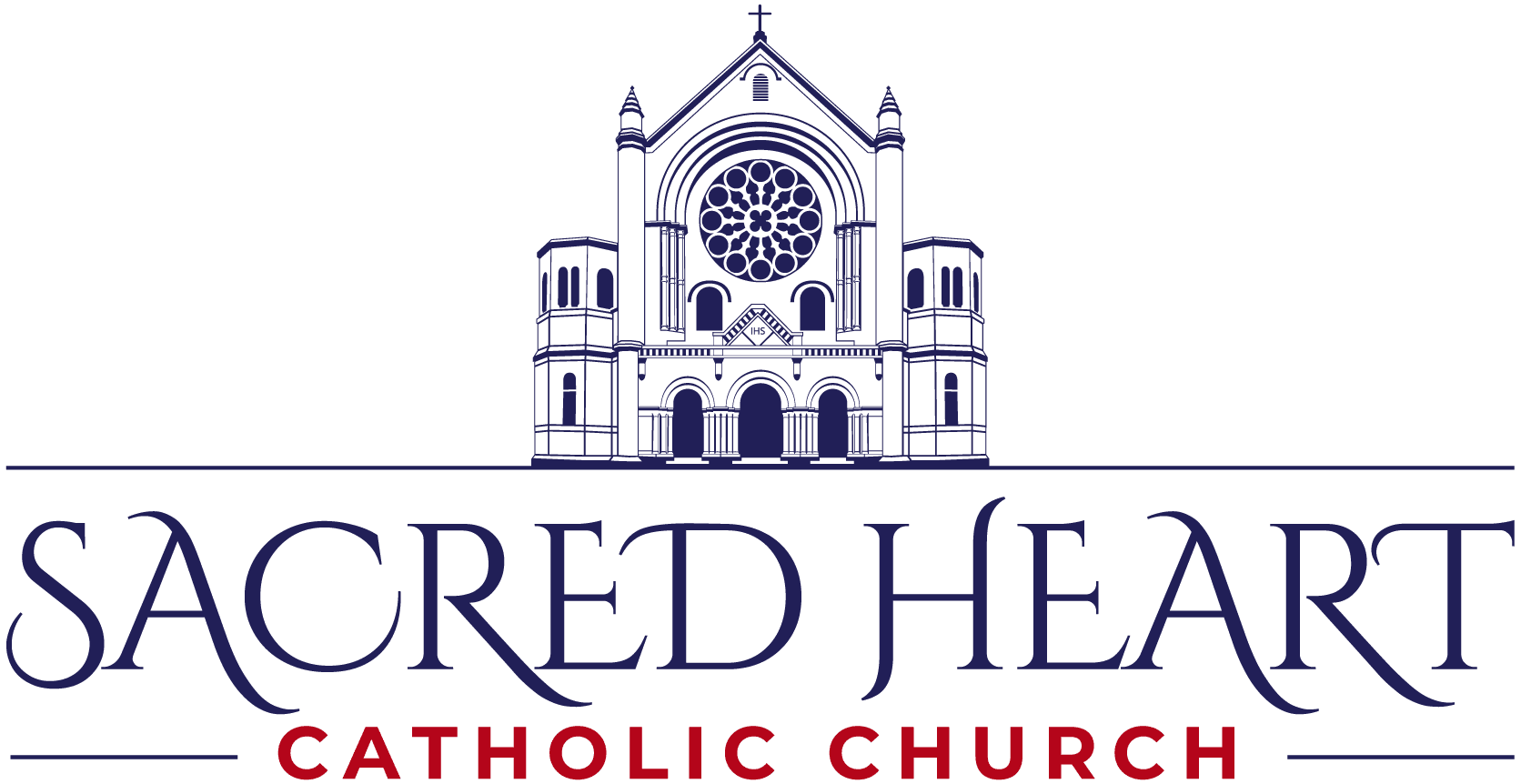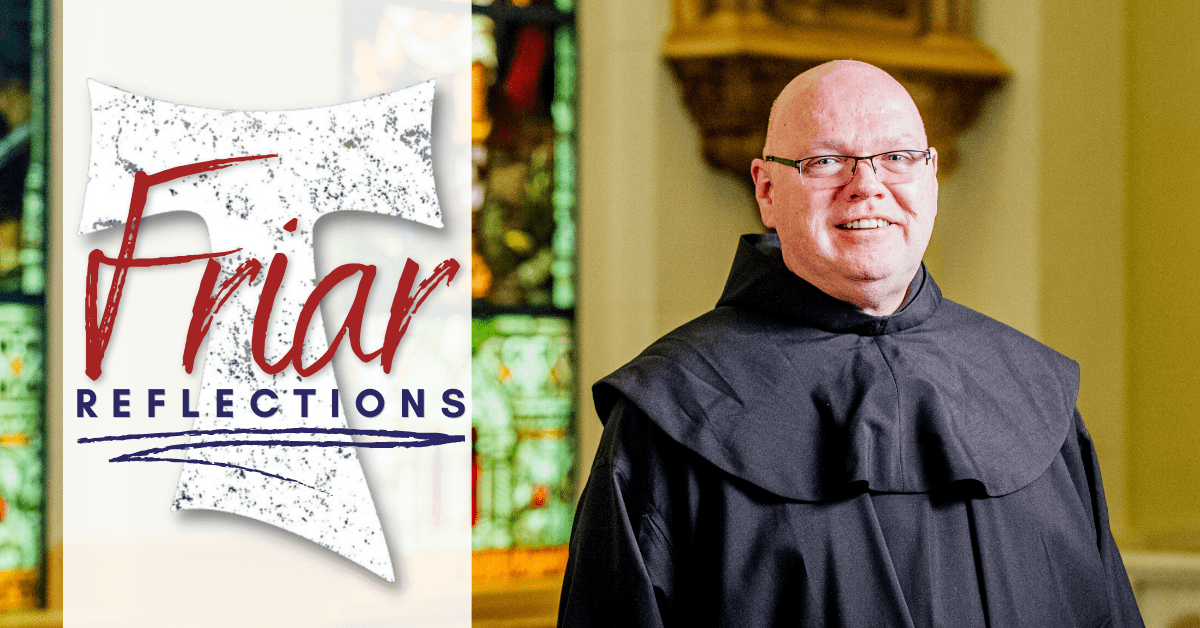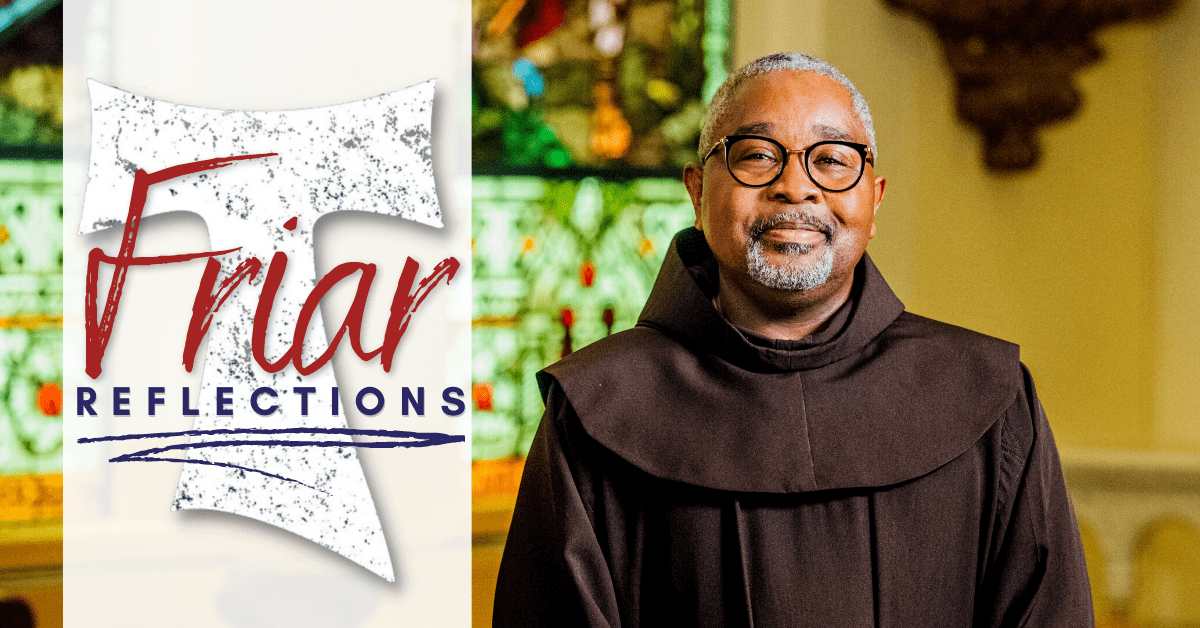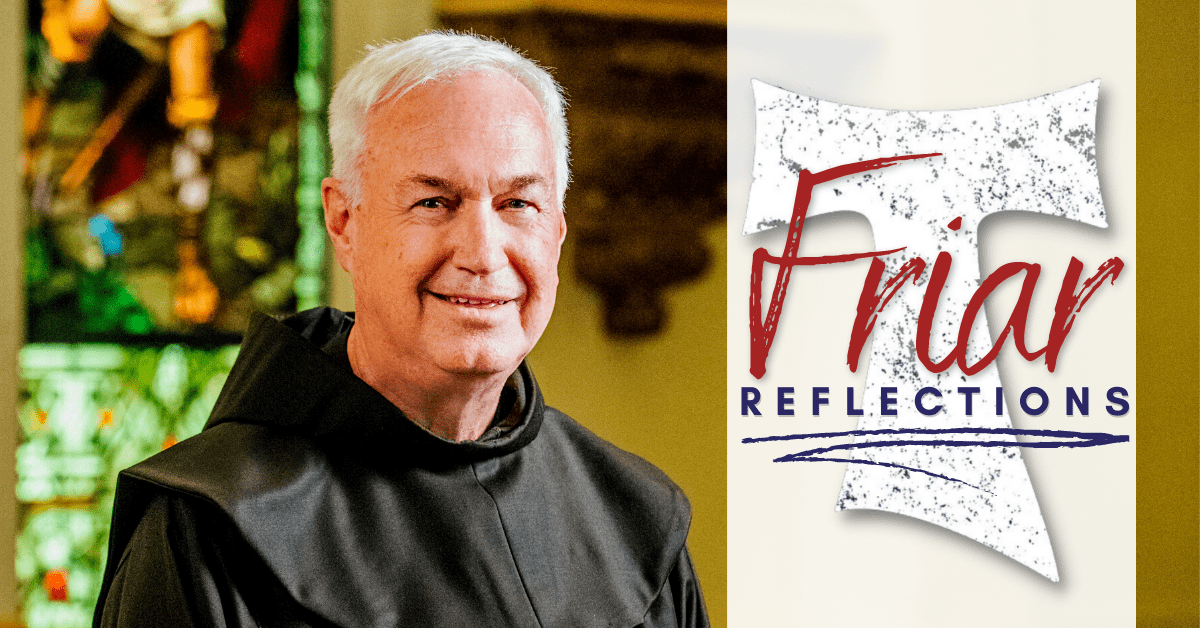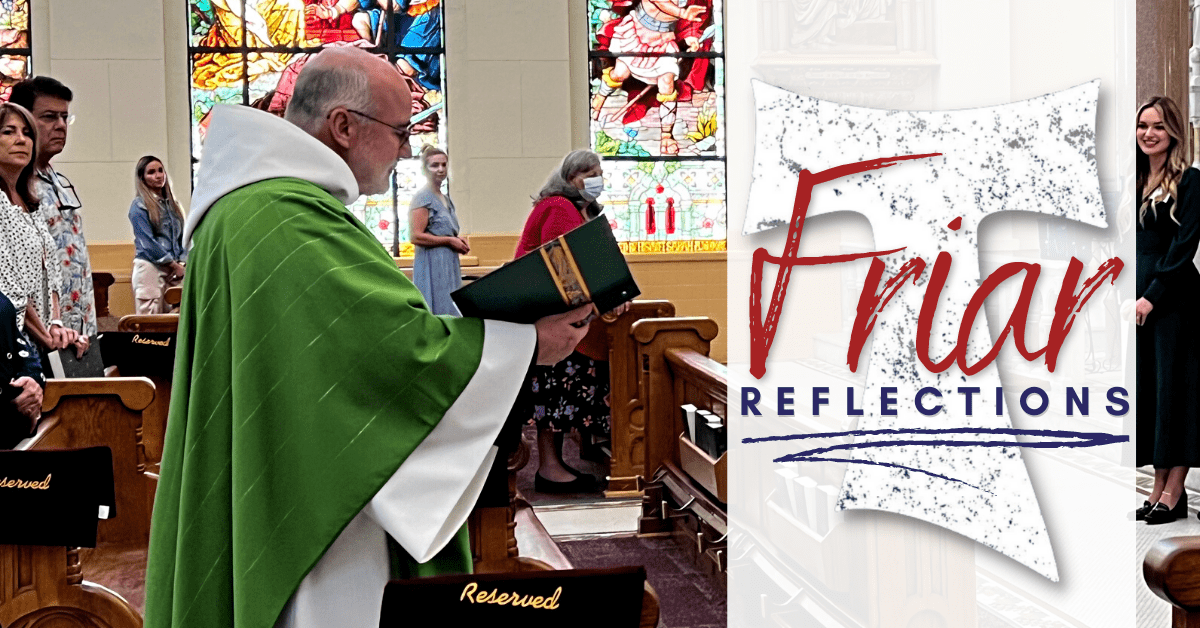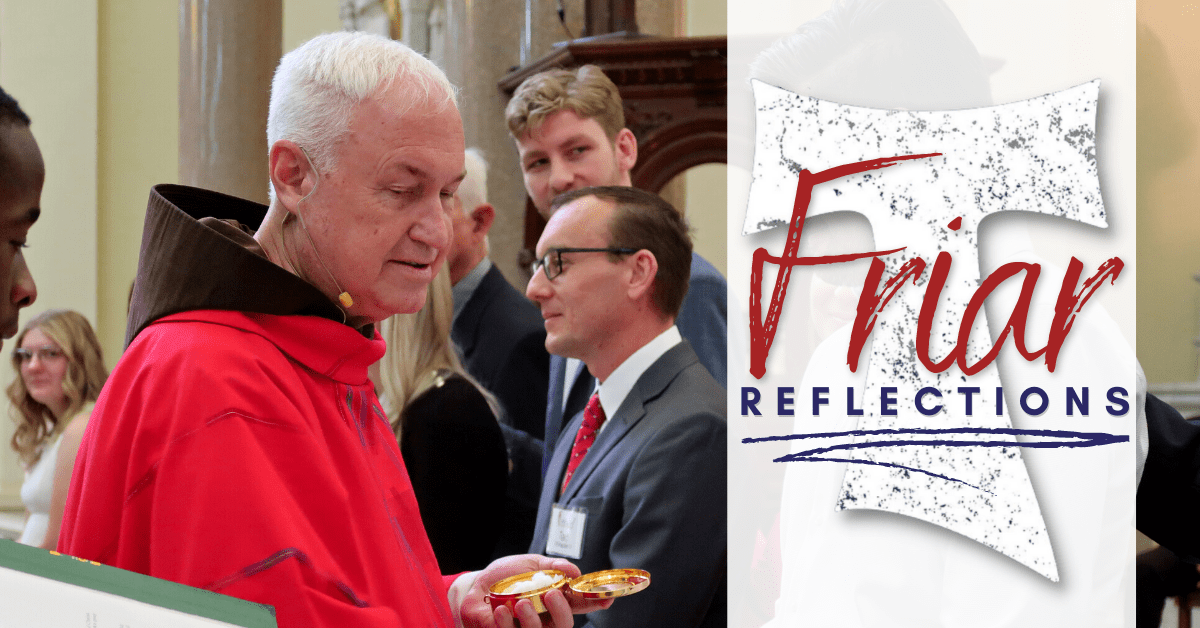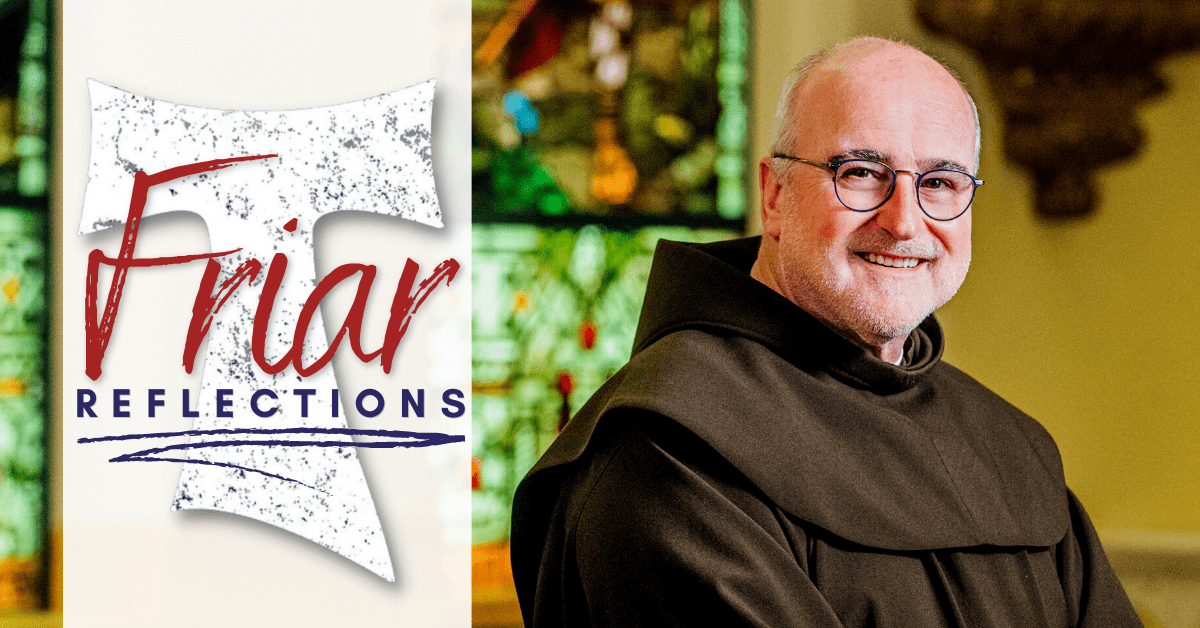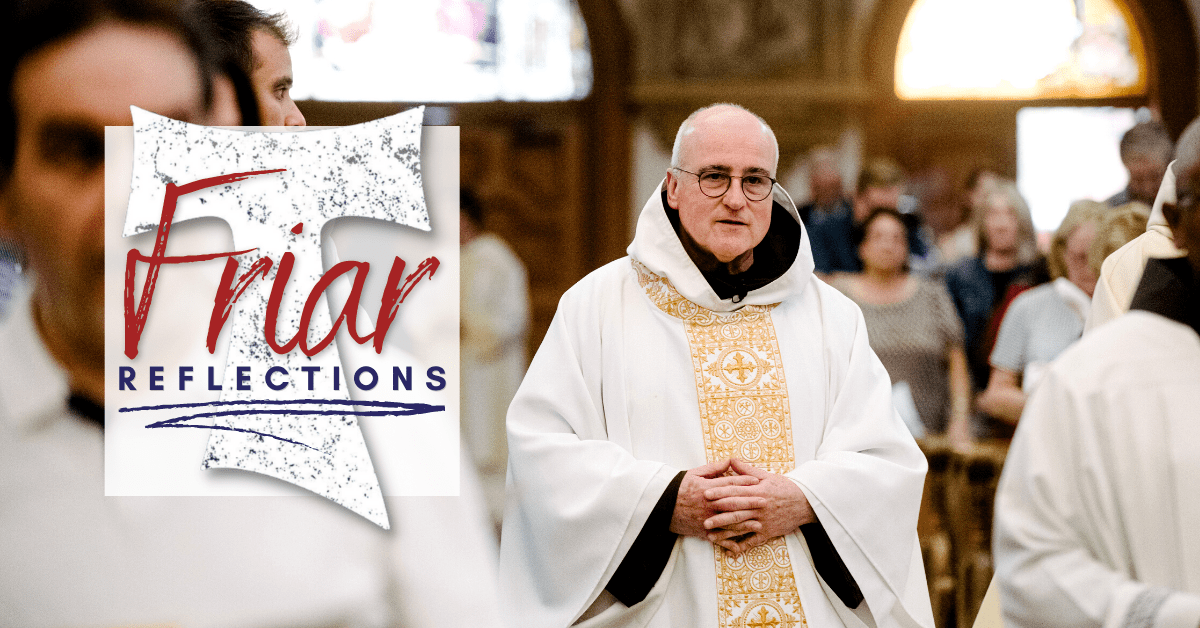
Dear Parishioners,
A teacher decided that during the first three days of Holy Week, she would have her students put on a Passion play according to the Gospel of St. Matthew. The teacher wanted to involve as many students as possible, but Matthew’s version really doesn’t call for a lot of actors. So, the teacher got creative and cast every animate and inanimate reference in Matthew. She cast:
-
-
- the tree from which Judas hung himself
- the broken vase of perfume
- five children simulating the earthquake
- three children imitating the clattering of the thirty pieces of silver
- …and all the bystanders.
-
She also cast the rock sealing the entrance of the tomb Jesus laid in. For the part, the teacher chose a boy who had, as his own mother put it, “sprouted early”, being one of the tallest boys in the class. The teacher explained to the boy that he would indeed be the rock blocking the opening of the tomb, not to be confused with St. Peter. For the Angel of the Lord, who pushes the rock aside, the teacher chose the smallest child in the class, and was well pleased with the contrast between the boy and girl she chose.
Their first performance was in front of the school’s third grade class. The play was moving along nicely, and it was soon time for the Angel of the Lord to appear. With her pinky finger outstretched, the little girl gently nudged the boy acting as the rock. Suddenly, with a burst of energy, the boy somersaulted away from the entrance of the tomb. Then, the petite Angel of the Lord sat on the “large rock.” The third grade audience went wild. They cheered, and chanted, showing how impressed they were with the rock’s performance, with the scene quickly became the crowd favorite.
The teacher was noticeably concerned about the boy playing the rock getting too much attention. She suggested that the boy allow another student play the part of the rock in the next performance. But the student replied that he liked being the rock and didn’t want another role. So the teacher asked him, “Why do you like being the rock?”
The young boy replied, “I like letting Jesus out of the tomb.” The teacher reminded him, the rock isn’t rolled back so Christ can get out. “He is already gone,” she told the boy. “The rock is rolled back so that the women can see in.”
The boy’s face twisted in bemusement. “Well”, he said, “how did Jesus get out if the rock was still stuck in front of the tomb?” The teacher pondered for a second, but before she could say anything, the boy playing the rock blurted out, “Well, I guess that a huge rock is no big thing for God!”
And thus did “the rock” roll back the “boulder” from his own mind and see the Easter revelation more clearly! The teacher was amazed at the boy’s words, and allowed him to continue in the role since he knew the part so well.
And so “the rock” needs to be rolled away for us as well. We need to remove what ever obstacles stand in our way of believing in God’s gracious love for us. We need to allow the light of the Resurrection enter into our lives. God longs for us to trust Him, and to ask that we be set free from whatever holds us back from being true disciples of Christ.
With the flick of a finger, God has given us life eternal. Nothing holds back the love God has for us all. Jesus has been set free and has risen for all.
Amen! Alleluia!
Happy Easter,
Fr. Zack
